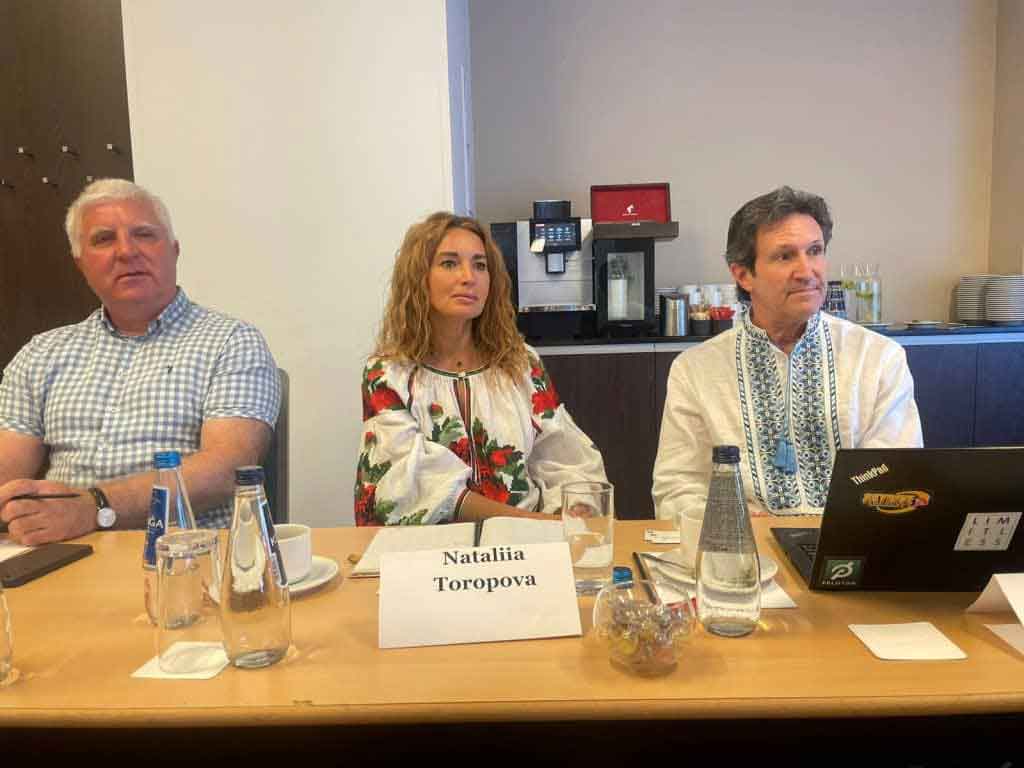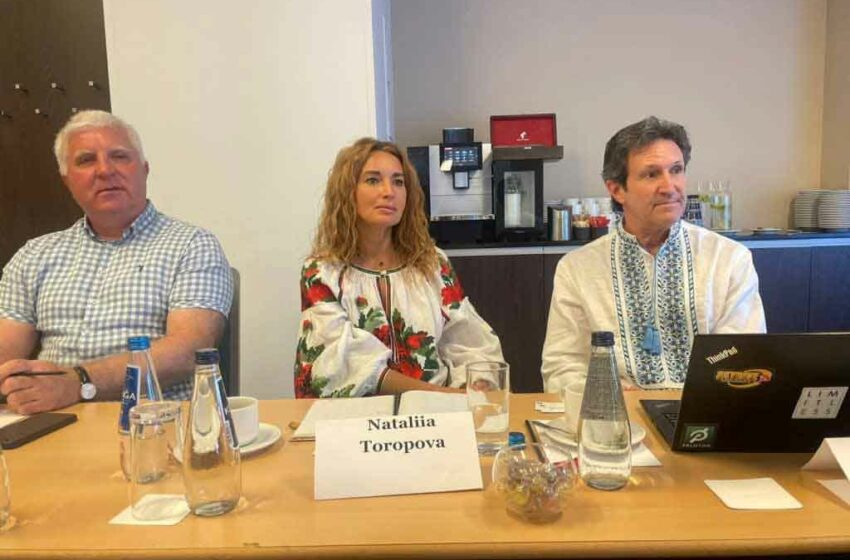
Healthy Initiatives, a nongovernmental organization, convened an international forum and luncheon in Warsaw, Poland, this week to discuss past successes in smoking cessation and how they may inform future challenges. Participants included policy experts from Georgia and Ukraine.
“We must learn to meet individuals who smoke where they are on their cessation journeys and to understand why they are unable to quit with the tools at their disposal,” said Cliff Douglas, president and CEO of Global Action to End Smoking. “If we continue to push the same approach from two decades ago, we will fail to serve those who continue to smoke and whose lives are being disrupted by war,” he said, referring to the war in Ukraine.
“Tobacco control regulations and restrictions in low-[income] and middle-income countries should follow a risk-proportionate approach so that those smokers who are not able to quit smoking combustible cigarettes will have access to objective and scientifically proven information,” said Andre Urushadze, a health policy expert and former minister of health of Georgia. “It is important to ensure the possibility of proper communication as opposed to the informational chaos and many misleading facts.”
“We should always strive for saving more lives and helping people to succeed in making healthier choices, especially now when the region is torn by the war and humanitarian crisis, the largest since WWII, and people’s priorities have changed,” said Nataliya Toropova, founder of Healthy Initiatives. “It is our task to keep up the health issues high up on the agenda and tackle smoking as a No. 1 risk factor for noncommunicable diseases. With the help of effective smoking cessation programs and education campaigns, we hope to help people who smoke quit, ultimately making the region smoke-free.”



